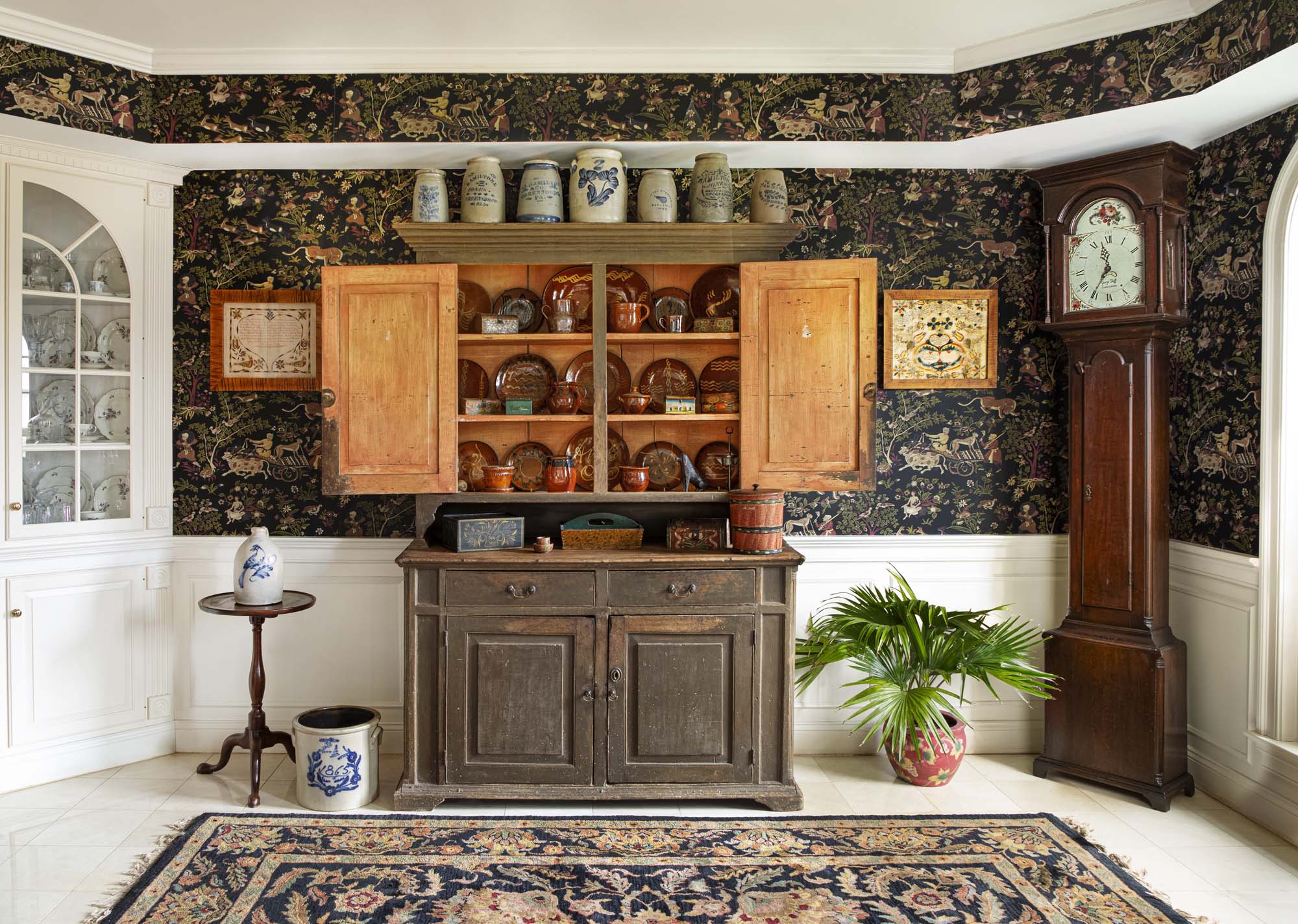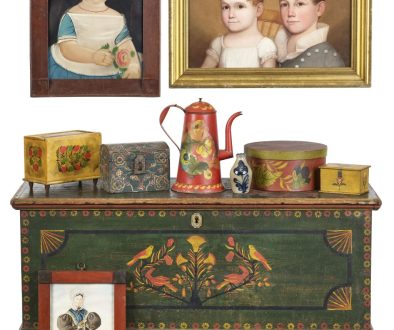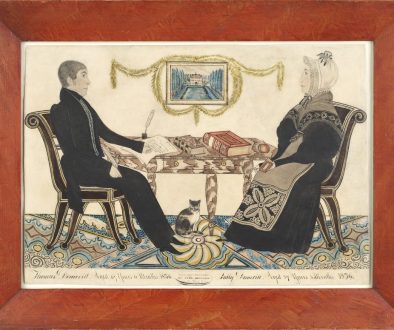The Health and Environmental Benefits of Owning Antiques: A Sustainable and Wellness-Focused Choice
In an age increasingly driven by fast consumption and disposable goods, owning antiques offers a refreshing alternative that aligns with both sustainability and well-being. Whether it’s antique furniture, fine art, carpets, or decorative accessories, incorporating vintage treasures into your home or lifestyle can contribute significantly to a healthier living space and a more environmentally conscious way of life.
1. Environmental Benefits: Sustainability and Conservation
One of the most significant advantages of owning antiques is the positive impact it has on the environment. By choosing second-hand items, particularly those made decades or centuries ago, you’re engaging in a form of recycling that preserves resources and reduces waste. Here’s how:
Reduction of Demand for New Manufacturing:
Every new item produced requires resources—wood, metal, textiles, and energy—often involving harmful extraction processes, like deforestation and mining, and emitting carbon through production. By buying antiques, you decrease the demand for new manufacturing, ultimately reducing the environmental strain of extracting raw materials and the pollution associated with mass production.
Longevity and Durability:
Antiques are often made with superior craftsmanship and materials, meaning they tend to last longer than modern counterparts. For instance, antique furniture is frequently constructed from hardwoods that are now rare or endangered, which means they’re not just aesthetically pleasing but also sturdy enough to withstand years or even centuries of use. This longevity means fewer replacements are needed, helping to reduce the overall consumption of resources.
Lower Carbon Footprint:
The transportation of antiques, especially locally sourced items, tends to have a lower carbon footprint compared to shipping mass-produced furniture and decor from overseas. Plus, since these items have already been made, their production emissions are in the past, meaning they don’t contribute to the ongoing environmental costs of manufacturing.
2. Health Benefits: Purity, Well-being, and Mental Peace
The health benefits of owning antiques are often overlooked, but they can contribute greatly to a healthier home environment in both physical and psychological terms.
Improved Indoor Air Quality:
Unlike many modern furniture items, which are often treated with chemical finishes, varnishes, or flame retardants, antique pieces tend to have a more natural composition. Antique wooden furniture, for example, was often made with organic oils and waxes, which are much less likely to emit harmful volatile organic compounds (VOCs) into the air. This makes antiques a healthier choice for indoor environments, reducing exposure to toxic chemicals that can cause headaches, nausea, or even long-term respiratory problems.
A Sense of Calm and Emotional Well-being:
There’s something inherently calming about antiques. Their aged patina, craftsmanship, and history give them a sense of permanence and stability that modern, mass-produced items simply can’t match. Surrounding yourself with antiques can promote a sense of mindfulness and emotional well-being, reducing stress and contributing to a peaceful, grounded atmosphere in your home.
The tactile nature of antiques—whether it’s the smoothness of an antique chair, the rich texture of a Persian carpet, or the warmth of an old wooden table—also engages your senses in a more profound way than newer, synthetic materials. This sensory engagement helps to establish a deeper connection with your surroundings, enhancing your home’s ambiance.
A Better Sleep Environment:
Antique carpets and textiles, often made from natural fibers like wool or cotton, are less likely to harbor harmful chemicals than modern rugs or bedding. Wool, in particular, is naturally hypoallergenic, antimicrobial, and resistant to dust mites. With fewer chemicals in your living space, you’re fostering a healthier sleep environment, which can lead to improved quality of rest and overall health.
3. Cultural and Psychological Benefits: The Power of History and Craftsmanship
Owning antiques is not just a matter of preserving physical objects; it’s about preserving culture and history. These objects often carry with them stories of craftsmanship, heritage, and generations past. Here’s how these elements can positively impact your mental health and outlook on life:
Connection to the Past:
When you purchase an antique, you’re often purchasing a piece of history. Whether it’s a hand-painted piece of fine art, a vintage rug woven by artisans, or a piece of furniture built by skilled craftspeople, antiques provide a direct link to the past. This connection can foster a sense of continuity and provide psychological comfort, helping individuals feel grounded and more connected to the world around them.
Appreciation of Craftsmanship:
Antiques often represent a level of craftsmanship that has been lost over time, with handmade details and intricate designs. Whether it’s an 18th-century mahogany cabinet or a Persian rug, these items showcase human ingenuity and skill. Owning and caring for these items can inspire a greater appreciation for the artistry involved and a deeper respect for the value of quality, skill, and time.
Unique Aesthetic:
Antiques allow for the creation of a home environment that feels distinctly personal. Their one-of-a-kind nature helps create spaces that reflect individual style and taste, offering comfort in a world of cookie-cutter modernity. For many, the thought of living in a space filled with mass-produced furniture and art can feel impersonal, whereas antiques often evoke a sense of warmth, familiarity, and uniqueness that promotes positive emotions and a deeper attachment to one’s surroundings.
4. Financial and Social Benefits:
Finally, owning antiques can be financially rewarding. Over time, the value of well-maintained antique pieces can appreciate, making them not just beautiful but also valuable investments. Moreover, owning antique pieces often sparks conversation, and collectors often form communities where they can share knowledge and experiences. This social connection can be both mentally enriching and emotionally fulfilling, contributing to a sense of community and belonging.
The decision to incorporate antiques into your home or lifestyle is more than just about aesthetics; it’s about making choices that align with sustainability, health, and well-being. Antiques offer a unique blend of environmental benefits, such as reducing waste, conserving resources, and lowering your carbon footprint, alongside the psychological and health benefits of a toxin-free, emotionally rich living environment. Additionally, their historical significance, superior craftsmanship, and potential financial value provide added rewards. By embracing antiques, you can create a healthier, more environmentally conscious, and culturally enriching space for yourself and future generations to enjoy.




